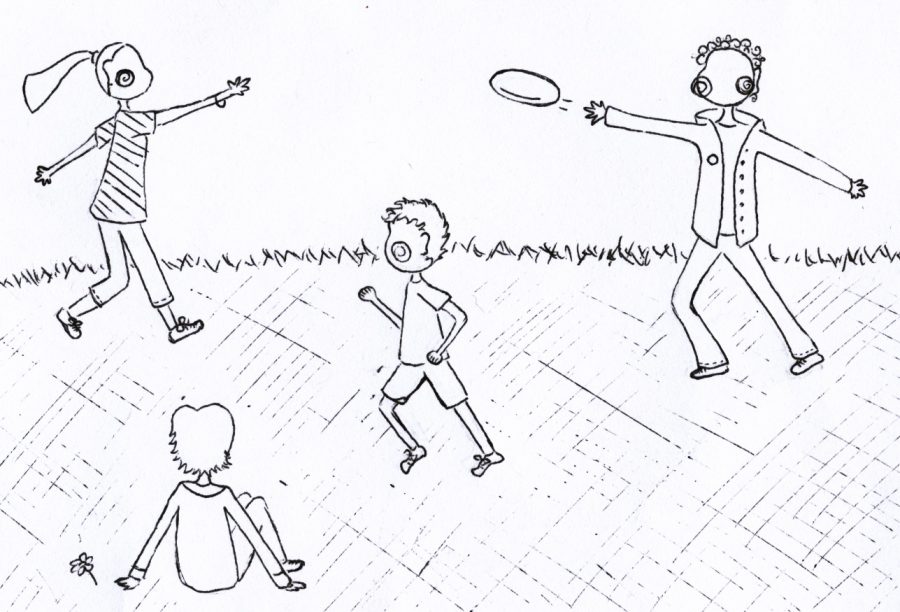The importance of an active study break
November 1, 2019
Whitman has many varsity athletes, with over 20 percent of Whitman’s student body taking part in varsity sports. Despite this, a lesser-known quality of the college is how sporty the remaining 80 percent are.
When Mother Nature is in a good mood — predominately during the summer months — Whitties can be found spread out across campus hanging out with friends and playing a variety of sports. A college favorite is playing casual games of frisbee on Ankeny Field, where not a day seems to go by without students dragging each other out of the library or Jewett Café for a bit of downtime.
Sean Coles, a first-year student and frequent frisbee player, emphasized the positive impact that playing a casual sport can have on mental health.
“I think it’s necessary to get out and be active in order to be a healthy, happy person,” Coles said. “The social and physical aspects are great.”
Opportunities to play sports on campus are endless, with many students choosing to join club sports to act as both a study break and a method for socialization. Furthermore, when neither clubs nor varsity teams are using the sports apparatus, they are available for use by all students; there are even some available to the public.
Because of this, it would not be abnormal to walk past Memorial Hall and see students having fun playing on the tennis courts, or go to the SAC (the field between Stanton, Anderson and Cleveland) and watch a casual yet highly competitive game of volleyball.
Jackie Jones, sophomore and regular club tennis attendee, enjoys playing a variety of casual sports on campus including tennis, volleyball and basketball. She especially loves playing with friends because it makes her forget she is exercising.
“I think sports, in general, are such a good way to get physical activity without going to the gym and without feeling like you’re working out,” Jones said.
Today’s youth (or Gen Z as they are commonly referred to), are facing an increasing amount of pressure in regards to societal expectations of what they should be achieving at each stage of their lives. It is estimated that just over a quarter of young people between the ages of thirteen and eighteen suffer from anxiety. Sports is one of the ways to fight this by relieving students of stress even for an hour or two.
Sophomore Sam Kleven especially enjoys the benefits of taking a well-needed break from work.
“It’s freeing to run around and totally exert yourself,” Kleven said. “It often happens after class or after studying for a long time and I just know I need a break.”
Engaging in sports is a great way to relax and de-stress during mad rushes of classes and homework. Picking up a frisbee and throwing it around for ten minutes can do wonders for mental health, even if it does not feel needed.






